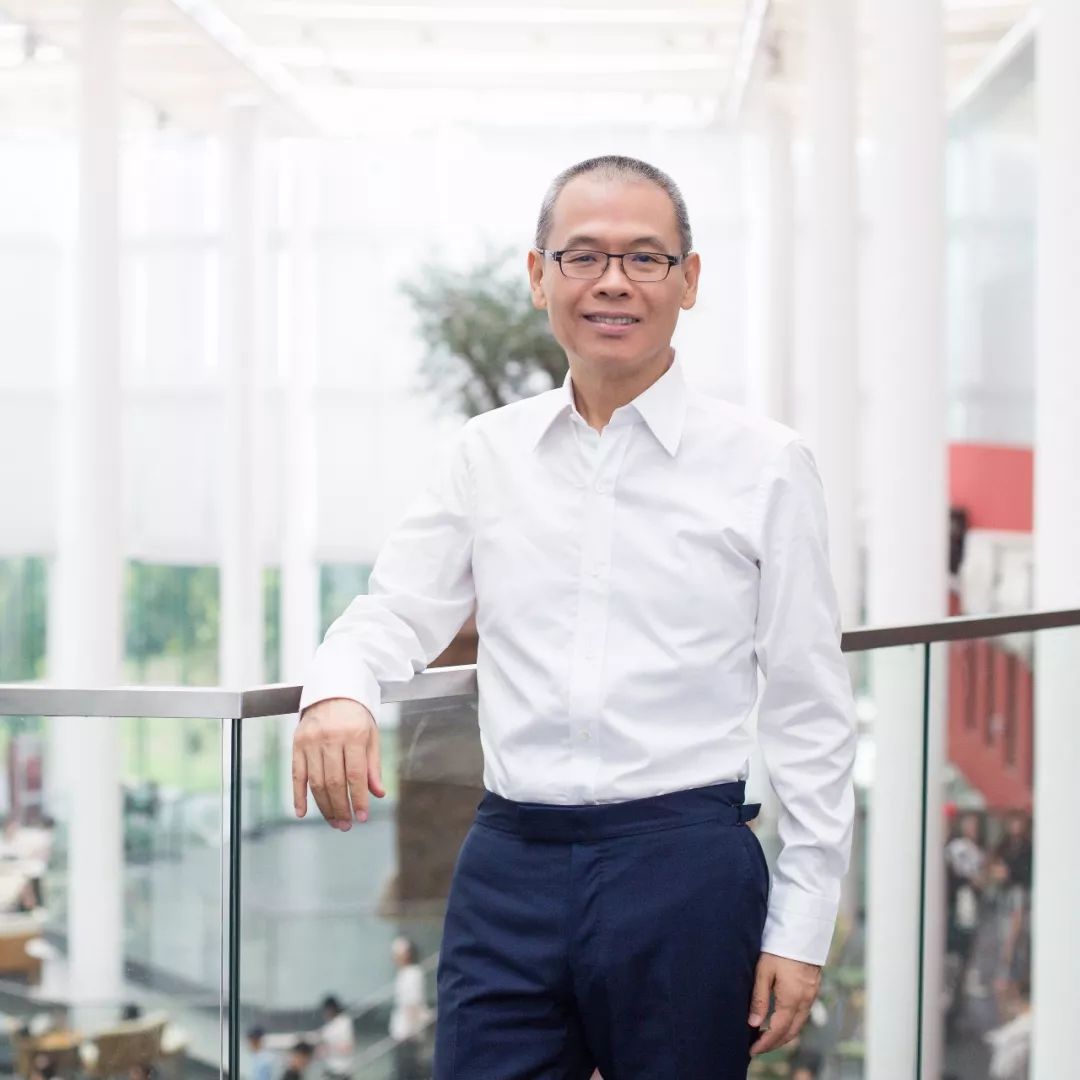
Chinese-Indonesian art collector and museum founder Budi Tek is teaming up with the Los Angeles County Museum of Art to secure the future of his vast collection of Chinese and Western contemporary art. The partnership was announced during a panel discussion at Art Basel in Hong Kong today, with Tek participating long-distance via video chat.
The partnership marks a possible answer to a question that has hovered over private museums around the world as their numbers have multiplied over the past decade. What will happen to the museum and its collection when the founder is no longer around to oversee it?
“This has been on my mind for the past two years,” Tek, who has pancreatic cancer, told the Art Newspaper. “I am concerned about the collection; part of my legacy involves preserving the holdings I’ve built up over the past 15 years. There is a time pressure; I needed to make a speedy decision that was right.”
The partnership between Tek and LAMCA will involve the creation of a new foundation, to which he will donate most of his collection, which will then be owned equally by the two museums.
“Budi had this idea that he would birth a museum that would become supported by the public, by artists, by everyone,” Govan told artnet News at a dinner for the museum in Hong Kong. “And it’s a cool idea. We take that for granted in our world.”
The partnership is the first of its kind between an Asian and US museum. The goal is to promote each institution’s strengths in the other country, with LACMA’s wealth of American, European, and Latin American art complementing the Yuz Museum’s collection of 1,500 Chinese contemporary works of art. (LACMA also announced this month a promised gift of 400 contemporary artworks, most of which are Chinese ink paintings, from Gérard and Dora Cognié.)
The Yuz Museum. Photo courtesy of the Yuz Foundation.
A new series of collaborative exhibitions pairing selections from the Yuz Museum and LACMA’s holdings is slated to kick off in spring 2019, but the venue has not yet been announced. Yuz Museum curator Wu Hung, the founder and director of the Center for the Art of East Asia at the University of Chicago, will serve as the program’s consulting artistic director.
“Joining YUZ and LACMA’s collections and ideas into a coordinated program holds many new possibilities for exhibitions that combine perspectives on art between East and West, and between the past, present, and future,” Hung said in a statement.
Jennifer West, Dawn Surf Jellybowl Film (2011). Video still courtesy of Marc Foxx, Los Angeles. LACMA and the Yuz Museum collaborated on a presentation of West’s work last year.
Discussions between Tek and LACMA began around more than two years ago. (News of the talks was first reported by ARTnews.) The collaboration will eventually involve some legal maneuvering because Chinese law does not make it easy for private museums to succeed their founders.
Tek opened Shanghai’s Yuz Museum in 2014, turning a former airport hangar into a hub for contemporary art. Since his 2015 cancer diagnosis, he has been working to convert the private institution into a nonprofit. Tek plans to separate the museum from his estate and install a board of trustees to oversee it. This structure would distinguish Yuz from other Asian museums, most of which are wholly funded by companies, individual collectors, or governments.
While the collections of Yuz and LACMA are largely complementary, there is one area where they overlap: Together, they own two of the eight editions of Random International’s wildly popular installation Rain Room. (Budi Tek’s is larger, at 150 square meters.)